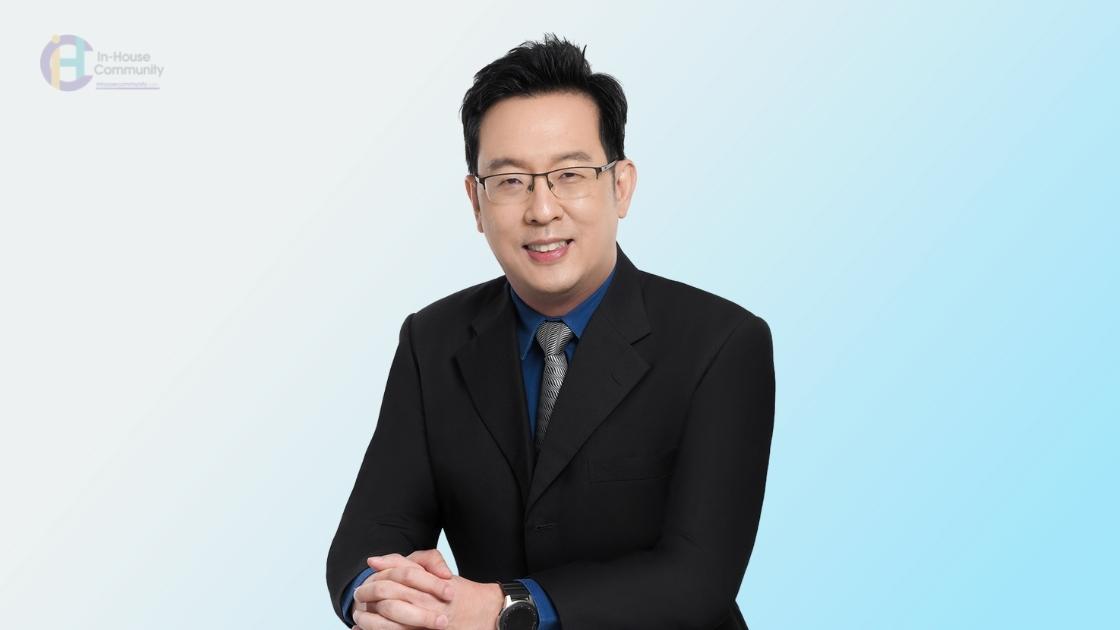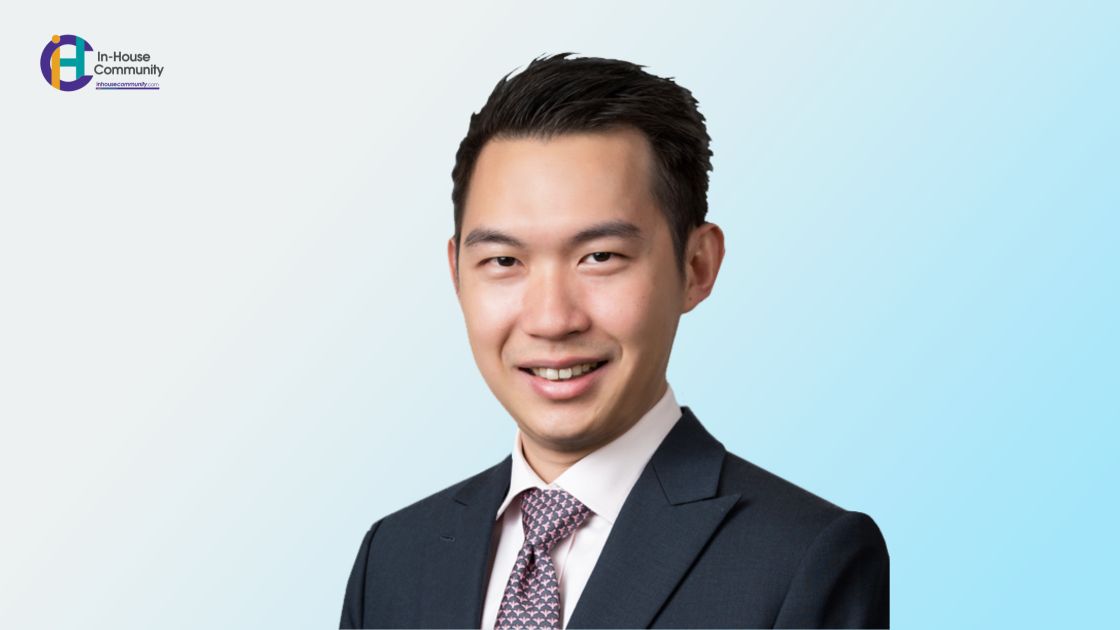December 20, 2022
It is a pleasant, sunny morning. My coffee is frothing nicely, the delectable aroma wafting gently about my bedroom. I have just donned my favourite pair of beach Bermudas, in striking blue emblazoned with little yellow pina coladas. I draw the curtains wide to let in the bright sunshine and grab a bag of potato chips on my way across the room. Unfortunately, I am not heading off for a nice swim or frisbee in the park. Instead, it is a Monday, and I settle at my desk to log on for a meeting with my international counterparts. This is 2022, and the world has been upended by more than two years of a global pandemic. Many of our offices have gone from comprising system furniture parked in long rows in a nondescript high-rise commercial building, to comfortable gaming chairs and ergonomic tables nestled in our bedrooms or study rooms. Our colleagues no longer lean over the cubicle partitions with coffee cups in hand, sharing their latest run-in with the HR department, but now stare at us emotionlessly out of little digital pigeonholes on our monitor screen, their silhouettes morphing oddly with every twitch or shake of the head. “Let’s meet at the lobby for lunch” has vanished from our vernacular, replaced by “I think your mic is muted”. Against the backdrop of all this, a genuine question arises – when the pandemic is fully behind us, will people return to in-person meetings and dispute resolution hearings? Or will the comfort of our homes and the inertia of not needing to wear proper trousers prove decisive in shaping the... December 20, 2022
As humans, we are thought to be cognitively hardwired to resist change. As lawyers, this predisposition has been reinforced through years of adhering to precedent and defending the status quo – lending the profession a reputation of conservatism. Shogo Osaka, Managing Director, Legal at FedEx Express North Pacific region, recognizes this characteristic of the occupation, but is optimistic about its potential for development. “We are too busy with traditional legal work to spare time for learning and practicing technology which has yet to be valued as our profession’s core competency,” he said. “But given our profession’s strong logical thinking skills, I believe lawyers are capable enough to catch up with technology if so motivated.” Daniel Walker, Chief Commercial Officer of Zegal, an ‘end-to-end platform for the legals smaller companies need’, shares similar sentiments. “From my view,” he said, “it’s not that lawyers are against technology, it’s simply that they are very focused on the law and anything outside of that is less important. Legal tech has highlighted the inefficiencies of the traditional law firm structure and now clients are asking for a more efficient, less expensive structure.” Pandemic Shake-Up While technological innovation may have received a cool embrace by the sector pre-pandemic, COVID-19 has forced a shake-up within the legal profession. Change became our constant as we moved to lockdowns and working from home. Courts were disrupted and the business travel we loved to hate was cancelled (although see this issue’s article by Ban Jiun Ean of Maxwell Chambers on why it may yet come back strong). Up sprang both new solutions and those which had quietly been sitting... October 3, 2022
In-House Community Magazine sits down with Ban Jiun Ean, and talks to him about coming back to Maxwell Chambers as its Chief Executive, ADR, and the future of the dispute resolution centre in Singapore. You have recently taken up the mantle of Chief Executive of Maxwell Chambers, but this isn’t your first turn at the helm – you previously served as CE from 2010 to 2015. What have you been busy with while away? I’ve been on a fairly eclectic journey, spending time developing and running a theatre and arts centre, launching a World War 2-themed board game and several educational card games (one of which is still being used in schools till this day), and writing three young adult fiction novels. I also ran the Singapore Mediation Centre for three years prior to returning to Maxwell, working to build the mediation scene in Singapore. Leaving Maxwell Chambers in 2015, after having steered the organisation from inception to a good measure of success, what were your biggest takeaways and lesson learned? One of my biggest lessons learnt was that there is a huge gap between a good idea on paper and a good idea properly executed. There are literally thousands of brilliant ideas sloshing around all over the world, but few of them have been translated into actual products or services that can benefit customers. So I’ve learnt to manage the idea generation phase better and to lean heavily into building teams that are good at execution. Returning in 2022, what is your vision for the future direction of Maxwell Chambers under your present leadership? The priority at the... July 5, 2022
Maxwell Chambers has announced that Ban Jiun Ean would assume the role of Chief Executive (CE) from 10 August 2022. Mr Ban was formerly a policymaker at the Ministry of Law, Singapore, and has contributed significantly to the country’s alternative dispute resolution (ADR) industry, including spearheading the development of Maxwell Chambers itself from inception to launch. Mr Ban was previously CE of Maxwell Chambers from 2010 to 2015, during which time it was established as a leading international dispute resolution facility. He is currently the Executive Director of the Singapore Mediation Centre (SMC), working to strengthen Singapore’s mediation environment and to launch SMC’s first online dispute resolution platform. Ms Katherine Yap, exiting CE and designated Chief Operating Officer, said: “It has been an honour to serve Maxwell Chambers as the Chief Executive for the last six years. I have had the most amazing privilege of being with Maxwell Chambers for the last thirteen and a half years, from its official opening in 2010, through to its substantial expansion in 2019 to create the world-class Maxwell Chambers Suites. I had the privilege to work alongside Jiun Ean and the founding team at Maxwell Chambers when it first started in 2009. Jiun Ean and I have had a remarkable working relationship, and I look forward to working alongside him once again.” During her time as CE, Ms Yap oversaw the launch of Maxwell Chambers Suites in 2019, an ADR complex housing hearing facilities as well as top international ADR institutions, with 38 custom-designed hearing rooms and a full suite of support services. She also ensured, when the pandemic started, that the... June 23, 2022
Please give us a brief overview of your professional background. I am the managing partner of the Singapore office of Three Crowns LLP, the world’s first global specialist arbitration firm. Apart from chairing the Board of Maxwell Chambers, I co-chair the Young Singapore International Arbitration Centre (YSIAC) committee and serve on the International Bar Association (IBA) Arb40 Steering Committee, Singapore Management University School of Law Advisory Board, and various governmental and regional arbitration committees. What was it that attracted you to Alternative Dispute Resolution (ADR)? The process of working with a passionate team to solve complex problems in a cross-border context, coming to grips with the nuances and dynamics of business problems and disagreements, and formulating strategy to achieve the client’s objectives never gets old – it is intellectually challenging but very human-centered as well. The diversity of issues across different industry sectors – from nuclear power projects to complex financial instruments – and the interposition of various cultures and nationalities in cross-border disputes also means that every case is a new learning opportunity and challenge. It is almost one year on from your appointment as chairman of the Board of Directors of Maxwell Chambers. How would you describe your experience at the helm thus far? It has been a privilege and fulfilling experience. I assumed the role amidst the pandemic which presented several challenges but also significant opportunities for Maxwell Chambers. Our immediate priority was to take stock of the post-pandemic landscape and be relentless in finding new ways to improve our offering and the user experience. We took the opportunity presented by the pandemic to enhance... Upcoming Events
Recent Past Events













